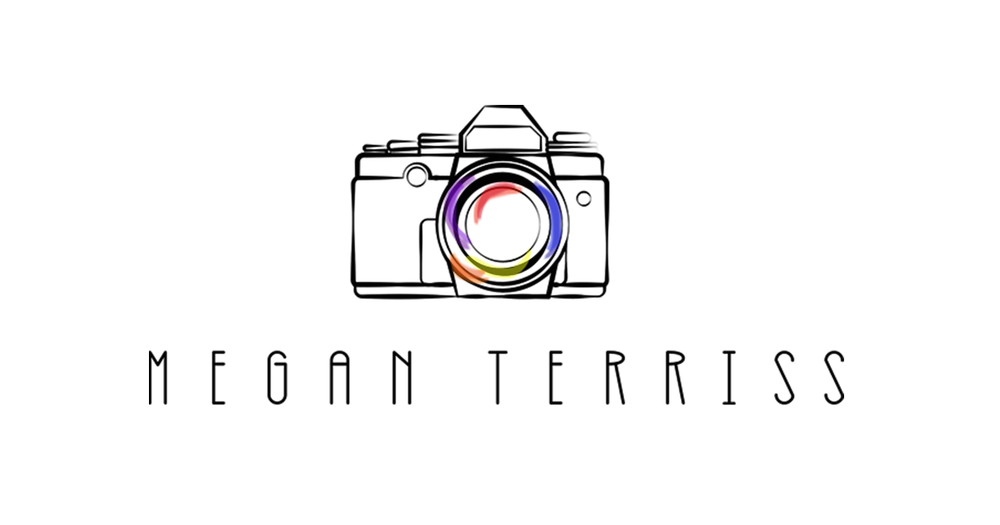Farah Merani
Actor | Advocate | Filmmaker
Founder of Lifeguard Productions
Co-Founder of Women on Screen
Former Co-Chair of ACTRA's Diversity Committee
““Intersectional feminism is a form of feminism that stands for the rights and empowerment of all women, taking seriously the fact of differences among women, including different identities based on radicalization, sexuality, economic status, nationality, religion, and language. Intersectional feminism attends to the ways in which claims made in the name of women as a class can function to silence or marginalize some women by universalizing the claims of relatively privileged women.””
You may have heard the term ‘intersectional feminism’. It’s often considered to be the idea that within feminism, as a broad concept, there is an overlap with visible and invisible diversity. I understand feminism the other way around, because as a woman of colour, I am confronted with the reality that my race will often precede my gender when I enter into the world.
I remember when I lived in Moscow and I realized this for the first time; I was perceived as being an Indian before being a woman, which confused the hell out of people when I opened my mouth to speak! No one was expecting me to speak with an ‘American’ accent. What I learned was that it was by the colour of my skin that I was being categorized first. The exoticization of my ethnicity defined my experience and was unique to me. The other women in my company were white, and while we all faced various degrees of misogyny, I was the only one to experience the intersection of racism.
A white woman may be penalized by her gender but she has the advantage of race. There is privilege in being white when that is the default standard of influence. An Asian woman is disadvantaged by her gender and her race. A Black lesbian experiences discrimination because of her ethnicity, her gender, and her sexual orientation. A Muslim woman faces challenges due to her gender, her ethnicity, and her belief system. This is the meaning of intersectional feminism.
““As a woman of colour, I am confronted with the reality that my race will often precede my gender when I enter into the world.””
From my experience, and many of the people I’ve spoken to about this, one of the major obstacles in crewing up diversely is simply the lack of knowledge and awareness from the folks who are responsible for the hiring. A lot of Production Managers and Production Coordinators will hire people they’ve worked with in the past or take referrals from their own network of contacts. This insularity often means that the same circles of people are working together on project after project, which, to be fair, is a totally normal part of human nature and an essential part of building relationships. We work with people we know and people we like. The challenge, then, is to create more awareness of the talented and diverse individuals who are out there, ready to work.
An important part of this is instilling the value from the top down that having a diverse crew is an asset and of value to the creation process. Setting up this database is one way of literally handing decision makers a list of qualified individuals who can be called upon to work so there is no more excuse of, “We don’t know where they are,” or, “There aren’t any diverse crews.”
““It took a little extra effort and asking around, but we did it. Every position was filled by someone who was visibly diverse, and let me tell you, everyone took notice of the the fact that something was different.””
There’s also the issue of fewer diverse people entering into certain professions due to lack of education and opportunity. If we can create an opening in the industry where young diverse people are encouraged to pursue these professions, trusting that they can and will get work, our industry will be better for it and so will our content.
The first step to crewing up diversely is simply asking - everyone knows someone who knows someone. I recently produced a pilot for a webseries called Super Zee and we actively sought to hire an entirely diverse crew. It took a little extra effort and asking around, but we did it. Every position was filled by someone who was visibly diverse, and let me tell you, everyone took notice of the the fact that something was different. The energy on set was electric, the enthusiasm contagious and the sense of inspiration was overwhelming. Comments like, “I’ve never been on a set where I wasn’t the only person of colour,” “I wish more sets were like this,” and, “Wow! This isn’t like my day job set at all!” were commonly heard throughout the shoot.
I need a producer/fixer/crew - Canada edition
Ink Canada (Specific to writers but the meetups are open to all in the biz)
Additional Resources:
ACTRA has created online searchable database of diverse ACTRA professional performers (here). It is offered at NO COST to ACTRA Toronto members and our partner agents, Casting Directors and Producers, thanks to the generous support of various sponsors. Register and create your profile today!
For emerging folks, there are websites like Mandy.com that always have listings. On Facebook, there are a few great groups that both Toronto-based and people across the country use to look for crew.
